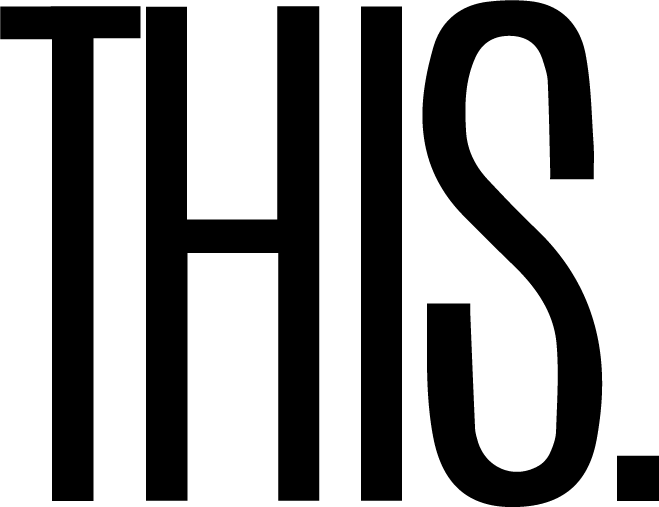Negativity and selfishness gets great publicity in our social networking, indirect-contact society. You’d be led to believe the world’s running low on good people and that no one cares for or respects one another anymore. Their only concerns are themselves; and when they’re in need, no one is willing to lend them a hand without reward.
This is not the case. Kind, caring, selflessly-generous people still exist. Dr. Tyra Seldon is a shining example.
Dr. Seldon is one of the foremost writing experts and literary minds in America. The Detroit native built an illustrious career educating herself and others about how to properly wield their influence with consummate elegance. A graduate of both Butler University and the University of Rochester, the nationally acclaimed editor, author and consultant is the founder and CEO of heralded company Seldon Writing Group, LLC.
Highly sought after for her expertise in curriculum building and creative development, Dr. Seldon is also an engaging motivational speaker. Her solo lectures pack auditoriums; she jams online forums when teamed with Dr. Boyce Watkins for their “How to Make a Living as a Writer” videocasts. While good at what she does, she’s also a good person and one who believes in helping others.
I asked Dr. Tyra Seldon to tell me about a time when she did something nice for people she didn’t know. Here’s what she shared.
“I am an English professor by training. I spent my entire 20s working on my Masters and my PHD. After 7 years of school, I had the mindset that I would go into academia and teach literature courses and writing courses for the rest of my life. I never envisioned or imagined I’d do anything other than that.
Somewhere along the way I realized that even though I was really good at what I was doing, it was not what I was put on this Earth to do. And I struggled with that. I struggled with it a lot in terms of what I’d been trained to do. I’d done all of these specializations, obtained all of these degrees (3 total), and it was not fulfilling. It was not satisfying.
I was really prayerful in terms of my next steps. I knew I had a gift, but I didn’t even quite know what to do with that gift. Ironically, I was teaching writing and literature, but I never really saw myself as a writer. I never saw how I could use my ability to teach writing outside of a classroom. I thought I had to be anchored to an institution in order to actually be compensated for what I was doing.
I started being open to working on things that were non-traditional. People would come to me and ask me to review their dissertations and give them feedback on their writing. My friends were starting companies; they had startups but needed help with their business plans. Other people would have books they’d want me to go through and edit. And I realized it was fun and it wasn’t too far removed from what I did in the classroom space. The only difference was that I was not doing it for anyone else. I was doing it for myself. Yet, at the same time, I continued to think, ‘What I am really supposed to do?’
So I started my own company, Seldon Writing Group, LLC, in 2011. The reason I started the company was that I realized that my dream job did not exist. I hopped from place to place and even ventured into the K-12 arena, but I could never find what I was looking for. Instead, I needed to create it. And I was very intentional. I didn’t want to specifically focus on only one kind of writing because I knew that if we did, we’d limit our opportunities. Curriculum writing, coaching, business writing, ghostwriting, script writing, and content development were all key components of what we did. I was perfectly content doing that and business was good. Then, I reconnected with someone from graduate school. He said that he was happy that I had my own business and it was doing well, but he also told me that I really needed to share my voice with the rest of the world. I remember the conversation vividly, and I said absolutely not.
He said, ‘Why don’t you just write one blog?’ And I’ll be honest that I didn’t understand what the blogosphere was. I was in academia, so that’s a very different space to orbit in. I didn’t quite know how people used blogs to convey information. So, I did one blog and then we circled back. He asked if I loved it, and I said ‘No, I didn’t. It was okay.’ He said, “Why don’t you just write a few more?” So, I wrote a few more and I became more comfortable. Part of the reason I became more comfortable was that I started to find my voice as a writer. I didn’t realize the way I wrote was palpable to a broader audience because with academic writing, you’re not really writing for an audience; instead, you’re writing for a very niche group of people who are in the same field as you. And with all of the other writing I’d done, I wasn’t writing as myself. With curriculum and ghostwriting, you don’t attach your name to it. There’s a certain level of invisibility and I was perfectly comfortable with that. When you’re blogging, and you’re blogging as yourself, you can’t be invisible.
I started thinking thinking that I could explore topics that I’d sit in my living room and discuss with a friend. But instead of spending 30 minutes talking to a friend about it, I could write it out in about 30 minutes and 30,000 people could read it. This helped me to reshape the way that I thought about education or what it meant to teach others. I didn’t need to be anchored to an institution to do that.
As my voice started to develop, and as I gained more confidence and traction, more people were offering to pay me. They were paying me to do something that I loved. And I said to myself, this is what you need to hone in on. The blogging then became a launching pad for me to engage in what’s called public scholarship – that’s sharing my love of writing and sharing my love of literature with every day people in a form and manner that is accessible to them. It’s engaging them in either virtual dialogues or real world conversations about topics that are often only discussed in ivory towers.
I’ve always believed that we are a brilliant people and brilliant people need to be fed. There are masses of people who are craving for intellectually sound information. So my role as a public intellectual is to feed them. I do this and I’m not paid to do it. I have numerous avenues and platforms that I use to get information out there and to share my work with people. I have a community writing group that no one has to pay for. People can come; they can bring their work and we workshop it so that they can get feedback.
I do this because I firmly believe that writing is a cornerstone of life. In this day-and-age with technology, so many people are getting away from writing. We’re communicating, but we’re not writing. It’s my biggest fear that a culture that doesn’t write will be forgotten. In other words, it’s critically important that marginalized people record their own stories. Create our own platform. Be the person who is determined to master your own narrative; don’t just be a character in someone else’s story. As such, if something that I share, or even something that I write, enlightens one person or gives people a sense of clarity about their purpose, about their identity or about their value, then it’s worth it for me. Words do that. Words are mechanisms in which we’re able to create meaning.
This is not by accident. My relationship with language actually goes back to words being my first love. Words always fascinated me. I was truly blessed to have a father who was a wordsmith. He was incredibly eloquent, and he’d tell these phenomenal stories using sophisticated vocabulary. I would look the words up, and I’d start to absorb them so that I could not only understand what he was saying but I could also communicate with him. Because of this, I’ve had a prolific vocabulary since I was a little girl—not because of my schooling or my formal education, but because I had a father who understood the power and significance of being able to effectively communication.
It’s natural for me to write and to try to understand what other people are saying, but most importantly, my desire is to help people find and use their own voices. That drives a lot of what I do.” |THIS.
[By Mr. Joe Walker]
“We are the ones who make a brighter day, so let’s start giving.” – ‘We Are the World’


![Shining Example featuring Crystal Lewis [A Column about Acts of Kindness]](https://i0.wp.com/thisent.com/wp-content/uploads/2022/04/Crystal-Lewis.png?resize=218%2C150&ssl=1)
![Shining Example featuring Erica Munchbach [A Column about Acts of Kindness]](https://i0.wp.com/thisent.com/wp-content/uploads/2022/03/Erica-Munchbach-2.jpg?resize=218%2C150&ssl=1)
![Shining Example featuring Candi Carpenter [A Column about Acts of Kindness]](https://i0.wp.com/thisent.com/wp-content/uploads/2022/03/candi-carpenter_299404-scaled.jpg?resize=218%2C150&ssl=1)
